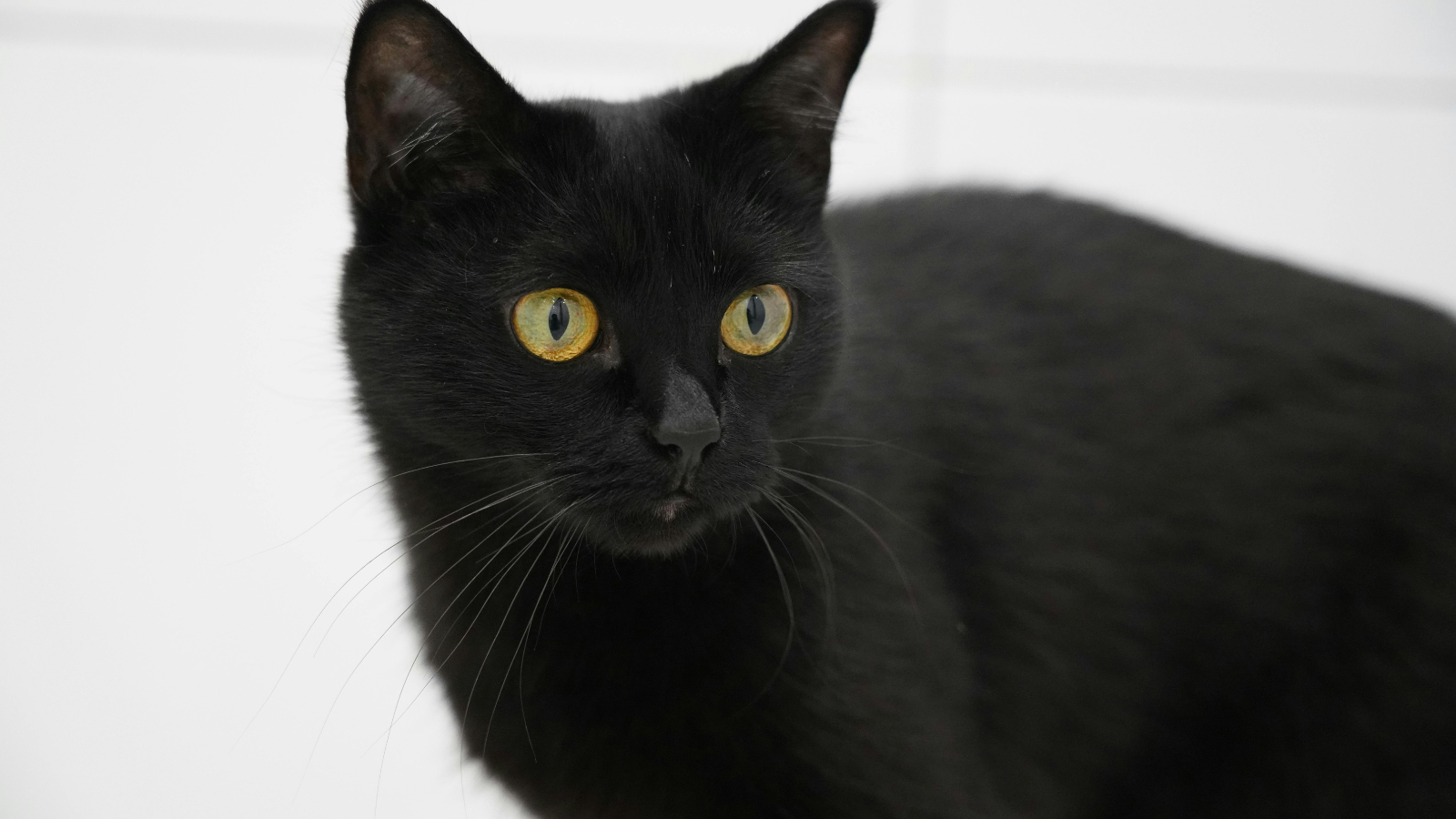When something’s off with your pet, it can be hard to tell whether it’s serious or just “one of those cat things.” Early recognition, however, can be life-changing when it comes to a feline diabetes diagnosis. Diabetes is manageable, especially when diagnosed before complications arise. Airway Veterinary Hospital is empowering cat owners to spot the warning signs of diabetes in cats for National Pet Diabetes Month.
Why Diabetes Develops in Cats
Feline diabetes happens when your cat’s body either stops producing enough insulin or becomes resistant to it. Cats usually develop diabetes with an insulin resistance. Insulin is necessary for balancing blood sugar, and without it, glucose builds up in the bloodstream, leading to health issues.
Certain factors raise the risk of diabetes in cats, including:
- Obesity
- Age (middle-aged and senior cats are more often affected)
- Long-term steroid use
- Gender / Breed
- Certain diseases (like kidney disease)
While not all causes are preventable, recognizing the symptoms of diabetes in cats early can make management far more effective.
How Will I Know if My Cat Has Diabetes?
The only way to know for sure if your cat has developed diabetes is with professional diagnostic testing, but you can look for certain changes in your feline’s habits.
- Are you refilling the water bowl more often? Increased thirst is often one of the earliest signs of diabetes in pets.
- More trips to the litter box or accidents outside of it can point to diabetes (more frequent urination can be linked to drinking more often).
- If your cat is eating the same amount or even more food but starts losing weight, that’s a sign something is wrong, whether due to diabetes or another medical issue.
If your once-active kitty seems withdrawn or sluggish, it could be a red flag. - A noticeable “back-heavy” walk or weakness in the back legs is a more advanced, rare symptom of diabetes in cats.
A Quick Look at Managing Feline Diabetes
If you’re noticing odd symptoms in your cat that could be diabetes, take them to a veterinarian like Airway Veterinary Hospital to run a set of diagnostics (typically bloodwork and/or a urinalysis) to confirm whether your cat has diabetes. When caught sooner, diabetes is less likely to cause lasting complications for your cat’s health, which could be costly. Cats may even enter diabetic remission in certain cases with early and strict management.
Should your cat be diagnosed with diabetes, you’ll have a veterinary care team behind you. Management of feline diabetes typically involves a specific diet, routine monitoring, consistent wellness check-ups, and daily insulin injection or oral medications.
Diagnosing Cats with Diabetes in Colorado Springs, CO
Not every cat will show all the classic signs of diabetes, and some will show none until the disease progresses. Keep a close eye on your cat’s habits and bring them in for routine exams at least once a year. Airway Veterinary Hospital performs feline diabetes testing in Colorado Springs for cats from Cimarron Hills, Colorado Springs, and nearby Colorado areas.
Noticed changes in your cat’s thirst, weight, or energy? Don’t brush it off. Schedule a consultation with a veterinarian at Airway Veterinary Hospital for a diabetic screening.

